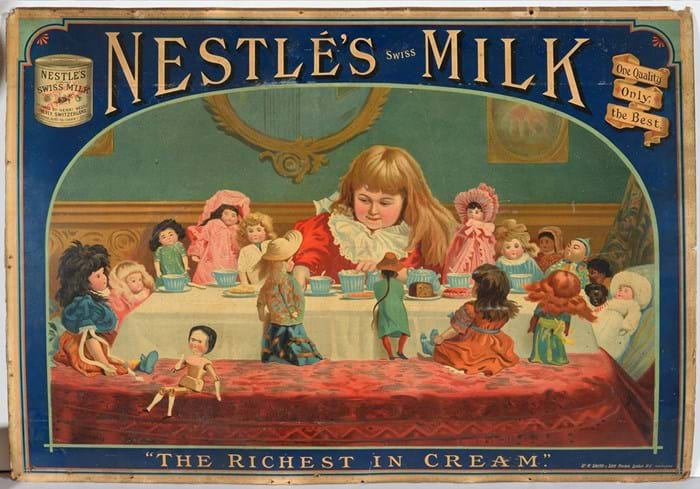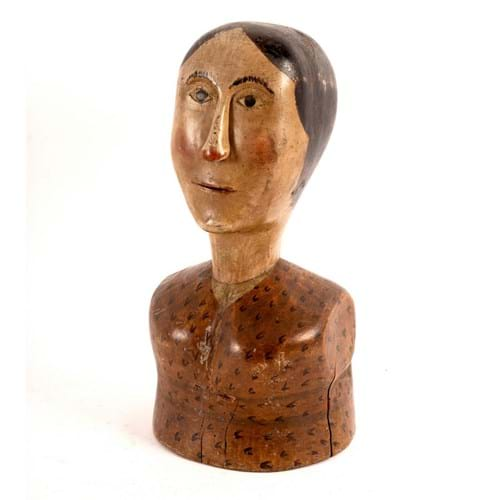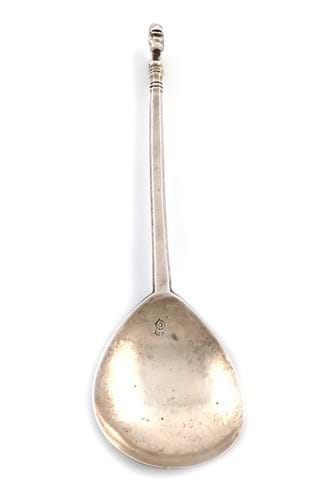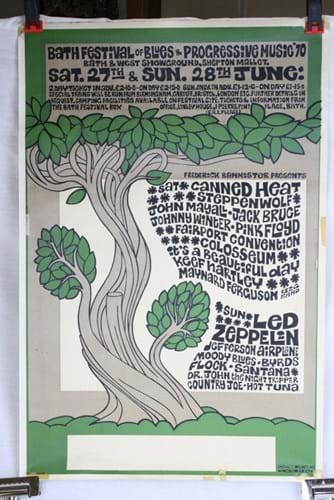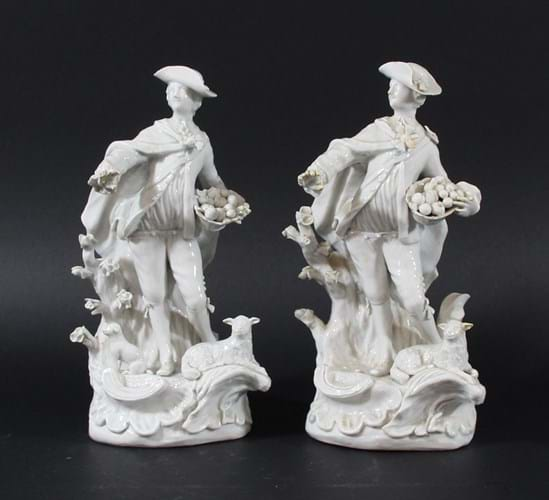
1. English porcelain figures – £10,000
The sale at Lawrences of Crewkerne on July 23 produced an unexpected result when this pair of early English porcelain figures of shepherds left ‘in the white’ leapt past hopes of £100-200 to bring £10,000 from a bidder using thesaleroom.com.
Although catalogued as late 18th century these 9in (23cm) high models known as the 'Dresden Shepherd' are earlier – probably made c.1755. The most obvious candidate for their manufacture was the Duesbury Derby factory. A similar coloured ‘dry edge’ model is illustrated by Peter Bradshaw in his book Derby Porcelain Figures (1990) while a single undecorated figure of this model catalogued as Derby sold for £750 at Bonhams Knightsbridge in 2016.
In fact, the collector and a dealer who competed for the figures told Lawrences specialist Neil Grenyer that they were by Samuel Gilbody, the short-lived, 1754-61 Liverpool factory whose wares are the rarest of any from the city.
“By all accounts only two other Gilbody versions exist, one in the Liverpool museum. The model was only confirmed as Liverpool because a curator happened to see some shards in the ground when the road outside the Liverpool museum was being dug up – or so the story goes.”
They were won by a collector bidding via the-saleroom.com.
2. Nestlé advert – £3100
Nestlé, today a Swiss multination corporation, was a much smaller company when this rare lithographed showcard was made. It probably dates from c.1900 – shortly after the death of company founder Henri Nestlé (1814-90) but before the merger of Farine Lactée Henri Nestlé with the Anglo-Swiss Milk Company in 1905.
At the time Nestlé’s primary offering was powdered infant formula and condensed milk – ‘The Richest in Cream’ – as promoted here in a typical late Victorian doll’s tea party scene. The printer of the 22in x 2ft 6in (54 x 76cm) advertisement was one WH Smith of London.
Offered in what Nottingham auctioneers Mellors & Kirk described as ‘original dusty 'attic found' condition’ on July 22 it flew past its £100-150 estimate to bring £3100.
3. Milliner's mannequin – £7500
This exceptional example of English folk art is an early 19th century milliner's mannequin. Made to display hats in a shop window, it is carved in pine and painted as a woman with black parted hair and a polka dot dress.
Standing 16in (40cm) high and showing only expected wear, it took £7500 (estimate £300-500) at Chorley’s in Prinknash Abbey on July 22.
4. Charles I Norwich silver spoon – £18,000
Once the second city in England, Norwich had its own silver assay office during three periods between 1565 and 1702. The city was much admired for the quality of its output – some of it on par with that produced in London and York – but today there are perhaps only 200 surviving pieces of Norwich secular silver.
This rare spoon with a lion sejant terminal has Norwich marks for 1636 and the unascribed maker’s mark of SI or IS. An old collection label reads '1636 Norwich by John Stone'.
Described in the 1935 Sotheby’s catalogue of the Ellis collection of spoons as ‘at present, the only known lion sejant that can definitely be ascribed to Norwich’ it is also illustrated in the first volume of George How’s English and Scottish Silver Spoons (1952).
It came for sale from a private collection, for the first time in generations, at Woolley & Wallis in Salisbury on July 22 where, pitched at £5000-7000, it took £18,000.
5. Bath Festival poster – £2200
Although a much small affair than the better-known Isle of Wight festival of the same year, the Bath Festival of Blue and Progressive Music, held on June 27-28, 1970 at the showground at Shepton Mallet, included perhaps the greatest UK music festival line-up of all time.
Headlined by Led Zeppelin (who were paid £20,000 for their performance) and Canned Heat, the bill also included, among others, Pink Floyd (debuting Atom Heart Mother), Jefferson Airplane (rained off halfway through their set), The Byrds (playing an acoustic set), Santana, Frank Zappa and the Mothers of Invention plus as set from John Mayall playing with Peter Green.
Bath was the brainchild of promoters Freddy and Wendy Bannister who had held the smaller Bath Festival of Blues within Bath itself in 1969. Among its many innovations was the decision to project film footage of the bands on screens on the side of the stage.
A rare and well-preserved poster for the event emerged for sale at Wessex Auction Rooms in Chippenham, Wiltshire on July 24. Estimated at £100-150, it sold to a bidder on thesaleroom.com at £2200.


